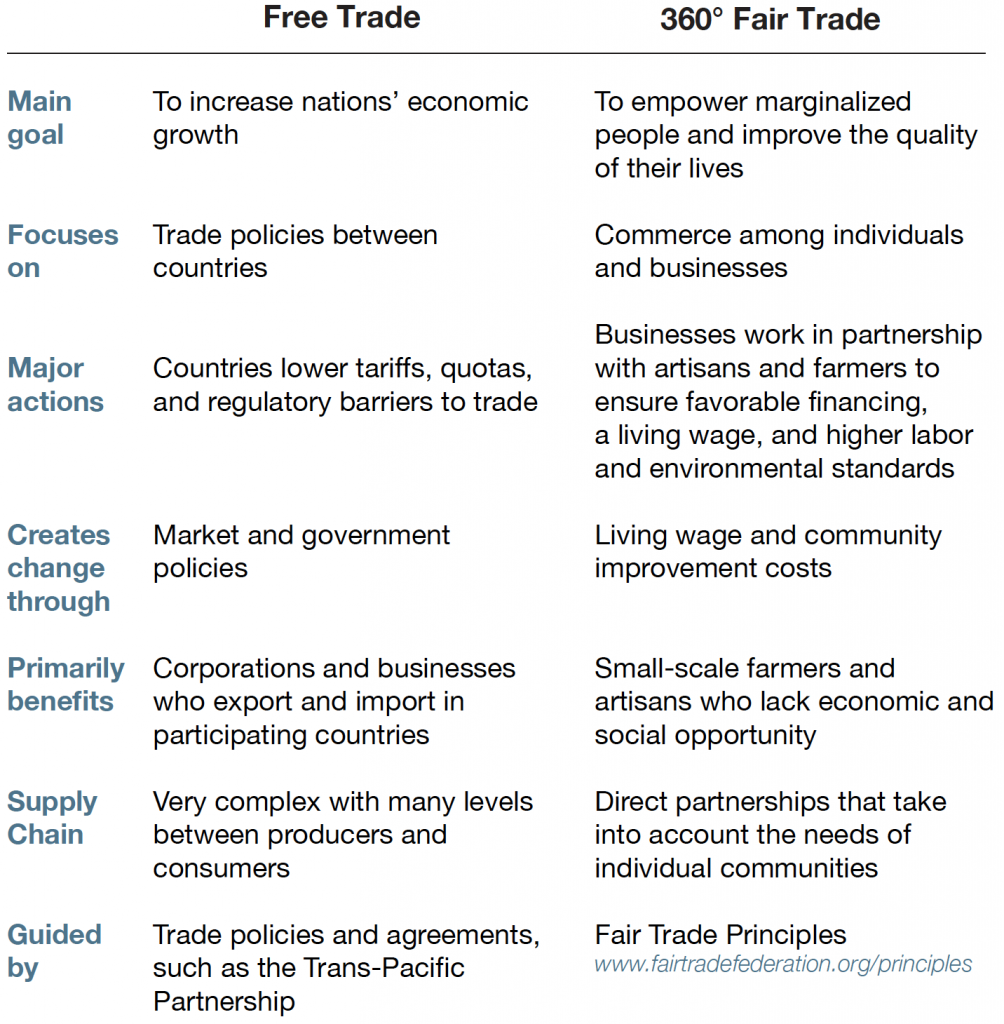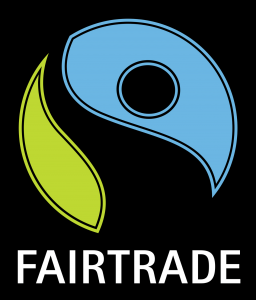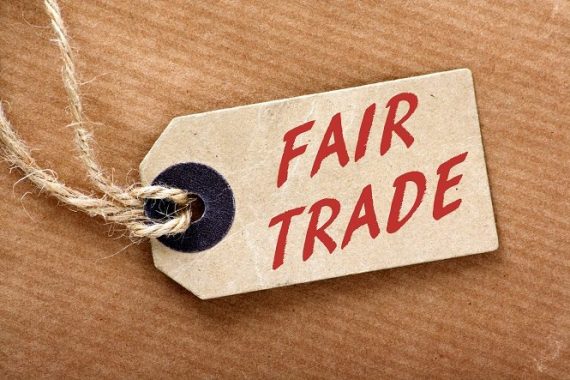Fair Trade Shopping: Opportunities for Merchants
Fair Trade Shopping: Opportunities for Merchants
The fair trade movement is a good opportunity for online sellers. There are rising concerns about ethically-sourced goods, and in how products find their way to consumers. Being conscious of these concerns allows businesses to choose the practices that will increase revenue and customer satisfaction.
Not everyone knows the difference between fair trade and free trade. You may have seen these labels before and thought of them as being the same. For those who research what they are buying, fair trade shopping has become the preferred method. Although they sound similar, some people think that fair trade and free trade are enemies.
Selling products that are certified fair trade sends the message that your business cares about producers and that you want to treat your employees fairly. This message can go a long way and can make you more desirable to consumers and other affiliates.
Fair Trade vs. Free Trade
What is the difference between the two?
There are a number of things to set them apart, but the main distinction is how they affect producers. Farmers in developing countries maintain huge plantations that require a lot of time and effort. Since they produce plants that can only be grown in their climate (such as cacao or coffee beans), they are responsible for nearly all of its production.

Free Trade
With free trade, businesses are not held to any standards in terms of pay or safety. They are “free” from certain tariffs and quotas. Business owners determine prices in an open market. On the surface, this might sound like a good idea, but it really just benefits owners of large companies. Taking advantage of the system, they can pay farmers in third world countries the absolute minimum. Without having to worry about minimum wage and safe practices, they can spend the least to gain the most profit.
You would think that the people who farm the world’s coffee beans would be among the richest, but under free trade they struggle to feed themselves. The majority of profit goes to the business owners.
Fair Trade
Fortunately, fair trade has come to resolve the issues that free trade created. It requires fair pay and safe working conditions for employees and producers. This leads to many good things. Farmers get a living wage, which allows them to better their land and equipment, which allows them to produce more quality goods.
Overall, fair trade is the ethically “correct” choice for everyone involved.

Fair trade also benefits communities. With fair pay being enforced, there is no risk for employers to try to outsource their work to children for smaller wages. Fair trade policies monitor any children involved so they are safe and educated.
Money going into the economy of these farmers means that there is more money for their local community. Fair trade promotes infrastructure, healthcare, and education.
Why Should Businesses Care?
Business owners and online sellers should stock fair trade products because of their global benefits. To show support for fair trade is to show support for the producers who are the reason you are making money in the first place.
If compassion is not enough to convince you, then consider this. Consumers who do care about where their products come from will thank you. If not for a “fair trade” label, there are some customers who would refuse your service. Not including them could cost you some loyal customers. With an item category like groceries, customers commonly return because they know what to expect. Building repeat customers is much easier when they are also connected morally through labels like fair trade.
One fear is that fair trade goods cost much more. However, on the consumer level, the cost differences tend to be insignificant.
Going fair trade can take your business to the next level.
Learn more about fair trade and organic products.




